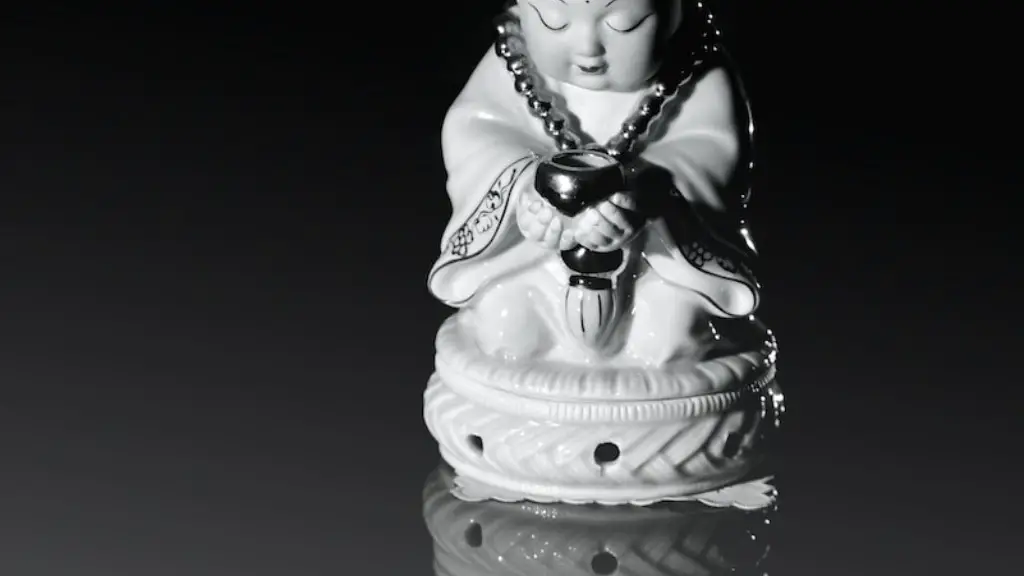Overview
Messianic Judaism is a religious movement which combines elements of Judaism with beliefs and practices of Christianity. The two religions are distinct and there are differences between their teachings and beliefs, yet both faiths honor and worship the same God. Messianic Judaism sees its role as an attempt to bridge the gap between Judaism and Christianity. It was founded in the 1960s and has grown in popularity since then.
Origins
Messianic Judaism’s roots can be found in a movement known as Jewish discipleship, which existed in the late 19th and early 20th centuries. Jewish believers in Jesus essentially broke away from the traditional Jewish faith and the emerging Christian denominations of the time. They formed loosely affiliated congregations, many which were completely autonomous. Some of the better-known early Messianic figures were Joshua Feinberg, Hayim Hezekiah (H.H.) Ben-Yisrael, and A. B. Gross.
Beliefs
The basic tenets of Messianic Judaism are that it acknowledges the principles of Judaism, as well as a belief in Jesus as the long-awaited messiah of Judaic prophecy. Messianic Jews follow most of the practices and customs of traditional Judaism, such as keeping kosher, observing Shabbat, and celebrating holidays such as Hanukkah and Yom Kippur. However, they also recognize and celebrate Jesus as the savior and the messiah of the Jewish people. Beliefs in the Trinity and the deity of Christ, aspects which are not found in Jewish faith, are part of the Messianic Jewish faith.
Practices
Because Messianic Jews seek to combine both faiths, there is a mix of practices and customs observed by individuals, ranging from traditional religious services to worship services characterized by praise music similar to that found in evangelical churches. In addition to traditional Jewish practices, the Messianic Jewish liturgical calendar includes the celebration of Jesus’ birth, death and resurrection.
Relationship With Christianity and Judaism
One of the issues created by the emergence of Messianic Judaism has been its relationship with both Christianity and Judaism. Traditional Christianity does not recognize Messianic Judaism as part of the Christian faith, and some members of the Jewish faith view it as a dilution of the Jewish tradition. Many Messianic Jews view their faith as a fulfillment of prophecy and a way to bridge the divide between the faiths, while recognizing both of their respective strengths and contributions.
Acceptance Within the Jewish Community
Many people in the Jewish community, including rabbis and congregations, do not regard Messianic Judaism as a legitimate part of Jewish faith. This has led to some degrees of ostracism and condemnation within the Jewish community, as some view this as a lessening of the spiritual integrity of Judaism. There is an ongoing debate about Messianic Judaism within the Jewish community, and many of those who practice this faith feel that there is a sense of exclusion from the larger Jewish community.
Consideration of the Messianic Jewish Movement
The Messianic Jewish movement has been hyper-visible in recent years and its impact has been felt within both the Jewish and Christian communities. It has been an ongoing source of debate and controversy, resulting in tensions between both sides. It is an extreme example of how two religions can be at odds, and can also be seen as an example of how beliefs can be reconciled. It remains to be seen the future of the Messianic Jewish movement, but it cannot be denied that it is a fascinating phenomenon.
Counter Arguments and Rebuttals
There has been opposition to the Messianic Jewish movement from both the Jewish and Christian communities. Some Christians view it as blasphemous and an affront to their faith, while some Jews see it as a dilution of the Jewish traditions. Both sides have raised a number of valid points and arguments, yet they have often been obscured in the passionate debates. It is important to remember that there are those in the Messianic Jewish movement who have argued for the legitimacy and the value of their faith and have worked to bridge the divide between the two religions.
Non-Messianic Jews and Acceptance of Messianic Jews
Despite the opposition to Messianic Judaism, it is important to remember that there has also been a significant level of acceptance and support. Many non-Messianic Jews have come to accept and even endorse the movement and its members, viewing it as a legitimate expression of faith. This has been especially true of Jews from different parts of the world, as well as members of the Jewish diaspora.
Comparisons of Messianic Judaism and Christianity
It is important to consider the similarities and differences between Messianic Judaism and Christianity, as well as the practices and teachings of each faith. Messianic Judaism and Christianity share the same God, Jesus, and the same sacred scriptures, yet diverge in their beliefs and practices. Messianic Judaism places an emphasis on Jewish traditions and practices and recognizes the historical importance and relevance of these traditions, while Christianity is based on the teachings of Jesus and places its emphasis on the life and ministry of Jesus.
Conclusion
Messianic Judaism is a fascinating phenomenon and has been a source of debate and controversy in both the Jewish and Christian communities. It is an example of how two faiths can coexist and agrees in some areas and disagree in others. The movement has seen a rise in popularity and has come to be accepted by many in both religious groups. While there is still significant opposition to the movement, it is important to consider both sides in the debate and remain open to the possibility of reconciliation between the two faiths.


